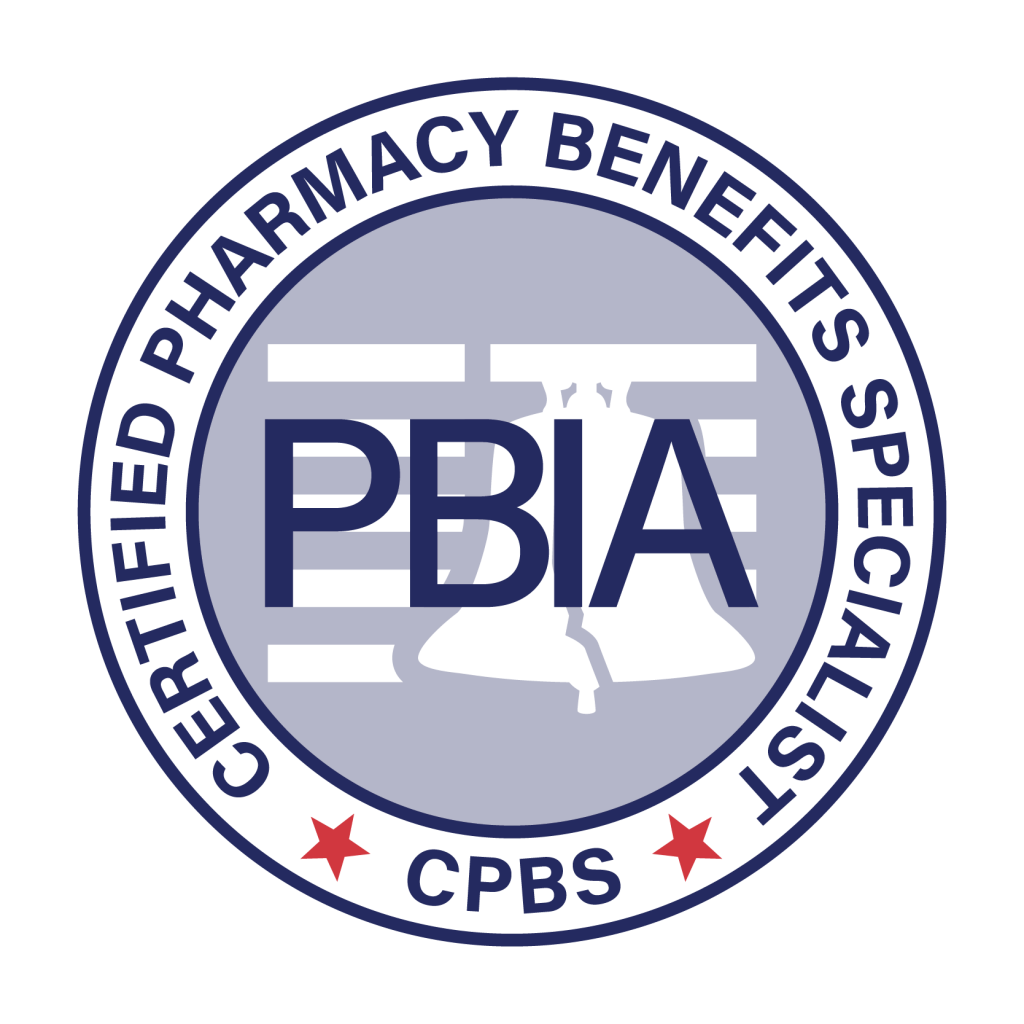Johnson and Johnson sues SaveOnSP for allegedly overusing drug cost assistance program and notes from around the interweb:
- Johnson & Johnson sues SaveOnSP for allegedly overusing drug cost assistance program. Drug manufacturer Johnson & Johnson has filed a lawsuit against drug benefit company SaveOnSP for allegedly taking advantage of a J&J program that covers out-of-pocket costs for patients who use some of the more expensive prescription drugs. Buffalo, New York-based SaveOnSP, which is run by PWGA Pension & Health Plans, describes itself on its website as “a service that negotiates prices for specialty drugs and, in exchange for the exclusive right to do so, guarantees that the recipients of those covered prescriptions will pay $0.” In the civil lawsuit filed in federal court in New Jersey, J&J said it overpaid in copay assistance by at least $100 million due to the services provided by SaveOnSP. This, said J&J, is due to contract interference and deceptive trade practices by the company.
- Centene Announces Sale of Pharmacy Benefit Manager, Magellan Rx, to Prime Therapeutics. Centene Corporation (Centene) has announced that the payer organization will sell both the pharmacy benefit manager Magellan Rx and pharmacy PANTHERx Rare. Centene expects to make $2.8 billion in proceeds from the two sales combined. “These transactions demonstrate significant progress in our ongoing portfolio review and represent key milestones in our value creation plan,” said Sarah London, chief executive officer of Centene.
- AHIP study claims hospitals charge double for specialty drugs compared to pharmacies. Hospitals on average charge double the price for the same drugs compared to those offered by specialty pharmacies, according to a new insurer-funded study released as federal regulators ponder a probe into the pharmacy benefit management industry. The study (PDF), released Wednesday by insurance lobbying group AHIP, comes as specialty pharmacies have grown in use among PBMs and payers to dispense specialty products. The study was released a day before a scheduled meeting Thursday of the Federal Trade Commission on whether to probe the competitive impact of PBM contracts and how they could disadvantage independent and specialty pharmacies.
- Key Differences Between Fiduciary and Traditional Pharmacy Benefit Managers. Pharmacy Benefit Managers (PBM) are authorized to manage the benefit on their own behalf, with a wide range of restrictions and constraints that serve the PBMs interest, often at the client’s expense. On the other hand, a Fiduciary PBM manages the benefit without that conflict of interest, and with better transparency – looking out for the best interest of the client and plan participants only. What are the Key Differences Between Fiduciary and Traditional PBM Business Models?
- Louisiana AG sues UnitedHealth, alleging drug overcharges in Medicaid. Louisiana Attorney General Jeff Landry has sued UnitedHealth Group, claiming that the healthcare and insurance giant has inflated drug charges in the state’s Medicaid program by billions. The suit was filed April 13 in state court, Bloomberg reported, and alleges that the company’s pharmacy benefit manager Optum Rx took advantage of the secrecy of the pharmacy supply chain to “needlessly” charge Medicaid billions for prescription drug benefits.
